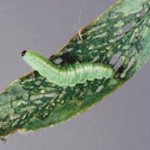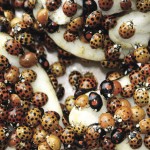Keystone Agricultural Producers’ president Doug Chorney is anxious to see details on how the Manitoba government will better protect farmland from noxious weeds as part of its ban on cosmetic pesticides. “I am encouraged by that, but we want to make sure that is the case,” Chorney said July 3 in an interview. “It’s important





